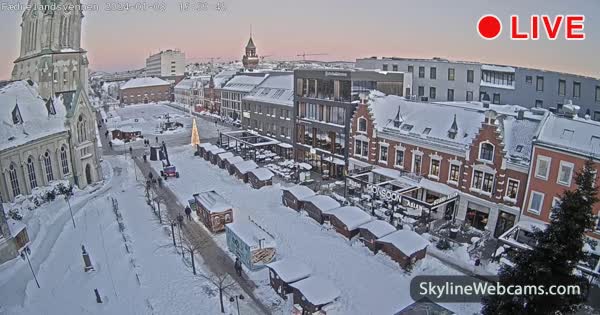
WEIGHT: 66 kg
Breast: B
1 HOUR:100$
NIGHT: +30$
Sex services: Oral Without (at discretion), Slave, Domination (giving), Anal Play, Watersports (Giving)
David Farrier is a professor of literature and the environment at the University of Edinburgh, where he also leads an Environmental Humanities research network. His current research is in literary responses to environmental change and the Anthropocene. Aubyn Award for nonfiction. Ibrahim Rayintakath is an illustrator and art director based in India. He lives and works in Ponnani, a small coastal town facing the Arabian Sea. In every living thing , there ticks a clock. Once, these rhythms comforted and consoled, orchestrating innumerable ecological relationships and offering glimpses of the greater wheels within which our small lives turn.
But as climate breakdown takes hold, more and more species are struggling to keep time as they once did. Biological clocks that evolved an exact synchronization over millions of years are falling out of sync: the beat does not fall where it should; syncopation becomes dissonance. Failing wild clocks are resulting in misalignments in time between predators and prey, herbivores and plants, or flowers and pollinators.

The results can be catastrophic, as breeding seasons fail and the long-held relationships that weave species together around shared needs fray. In Australia, mountain pygmy possums are leaving hibernation before the emergence of their preferred food, the bogong moth, risking starvation. Plants are losing touch with their pollinators: warm springs in Japan have led to earlier flowering of spring-ephemeral plants relative to their pollinating bees. One study warns that the timing of phytoplankton blooms could be shortened if the oceans continue to warm, introducing a calamitous mismatch at the very base of the marine food chain.
I noticed that you specified in GMT. But since you are on summer savings time that would be 11 a. I had arranged a video call with Barbara for that morning so I could learn about how our ecological crises are creating a chronoclasm—a collision of different orders of time—but I had forgotten about the shift to daylight saving. Pegged to the prime meridian, my sense of time was stuck in the wrong season.

When she appeared on my screen a few hours later Barbara greeted me with a broad grin and waved away my apology for my poor timekeeping. Their role is to synchronize the animal or plant with the world around them. Arctic-breeding birds, for instance, may unite the memory of when snow melted in past years with changes in day length and observations of the behavior of other migrating birds to decide when to begin the long journey north. An animal might have different clocks in different organs, Barbara explained, one in the skin to coordinate temperature, another in the liver to regulate feeding cues.



































